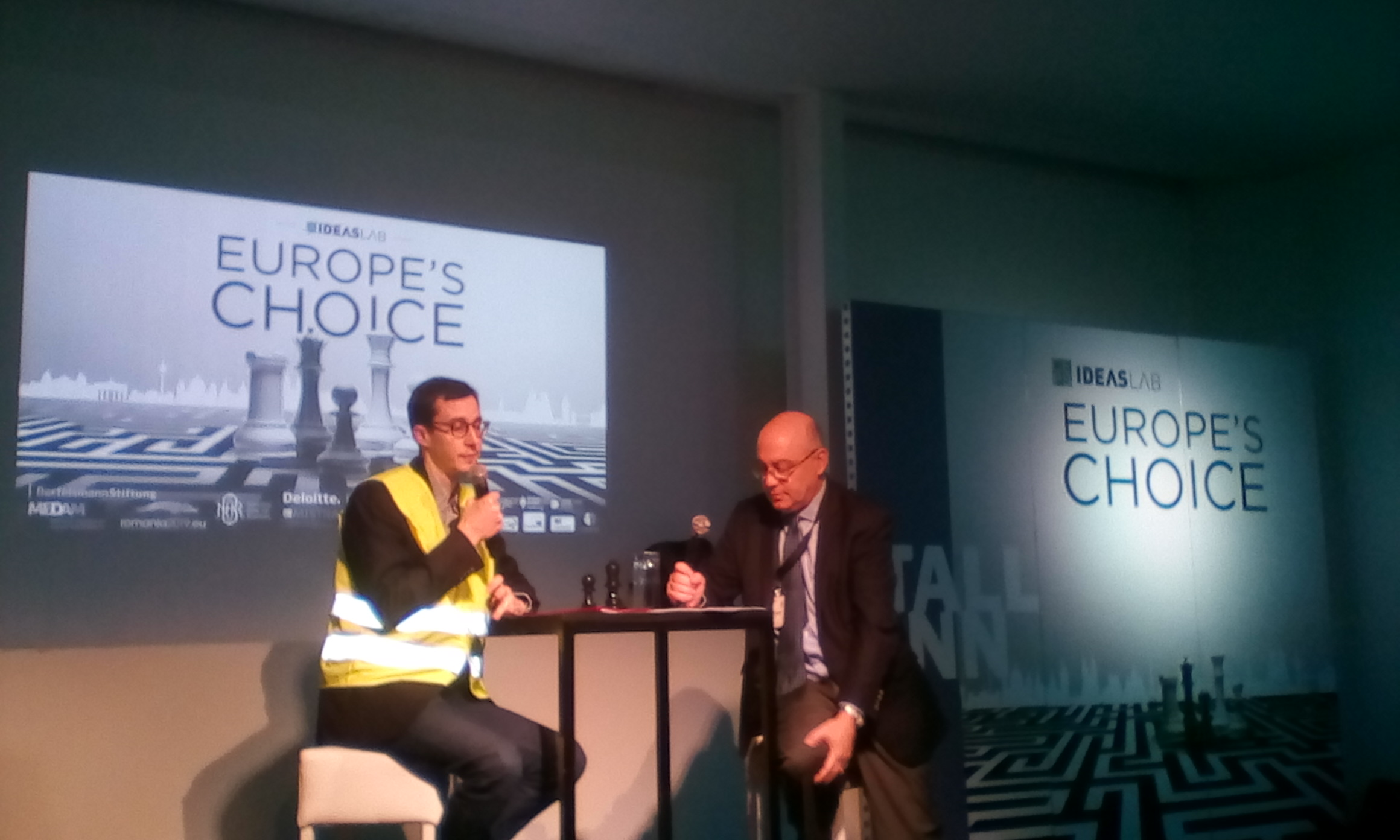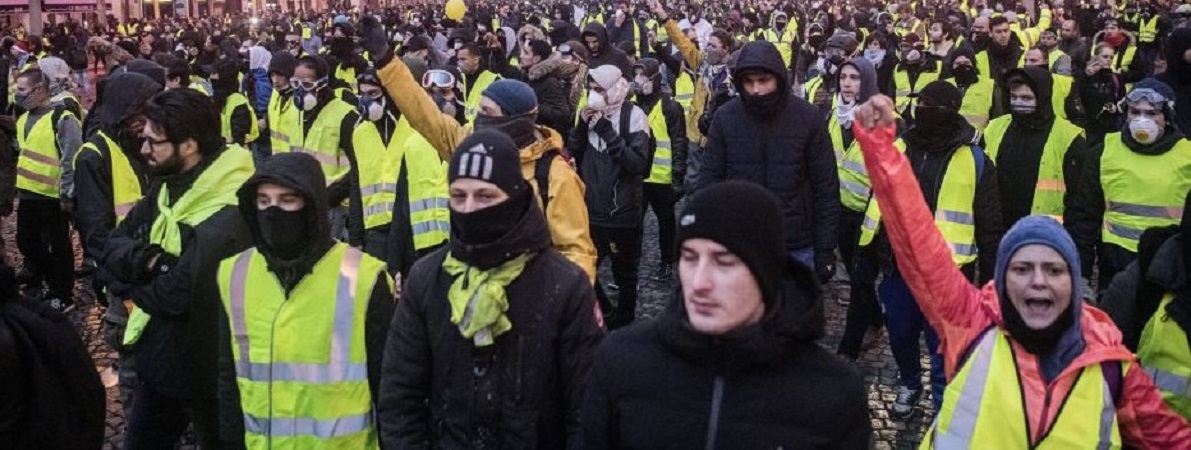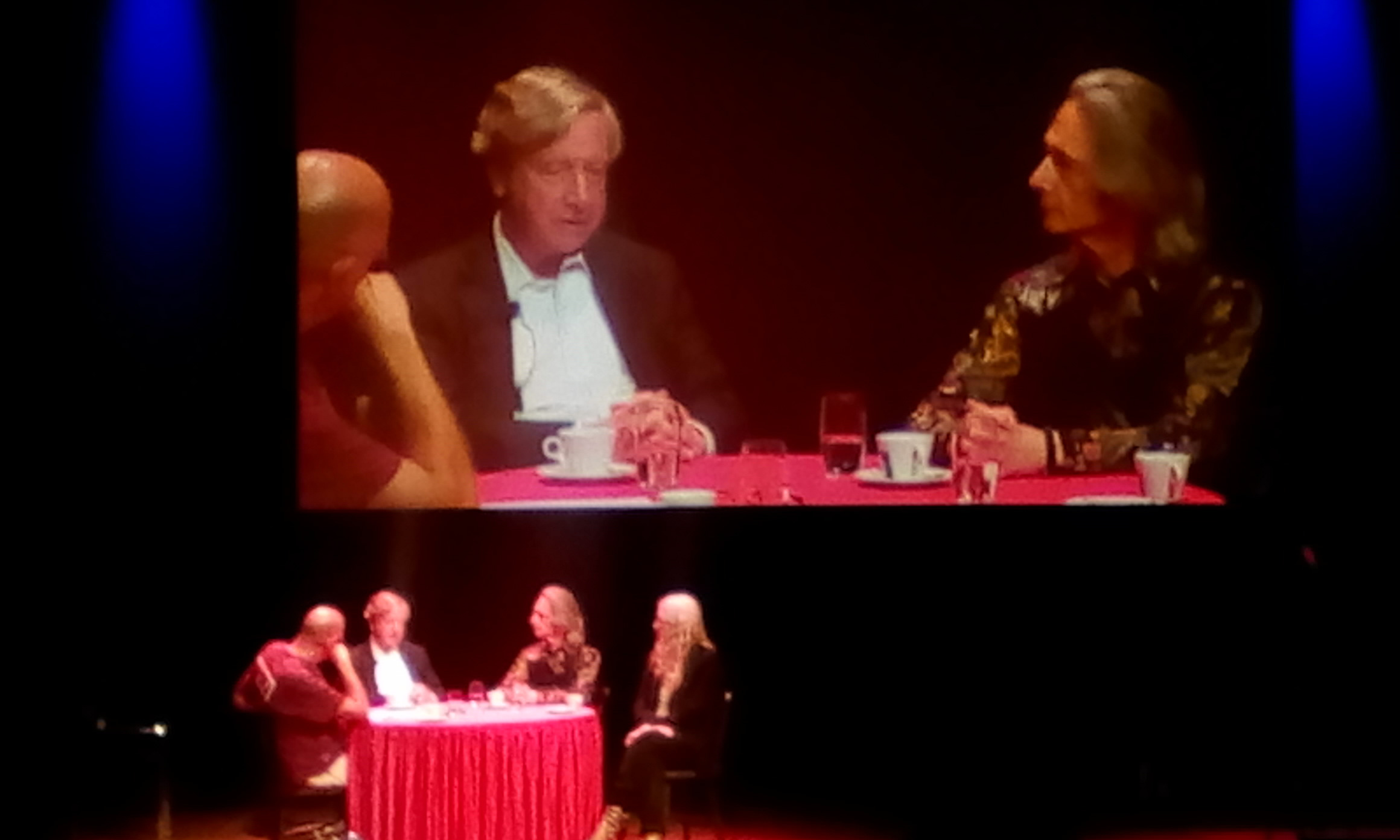
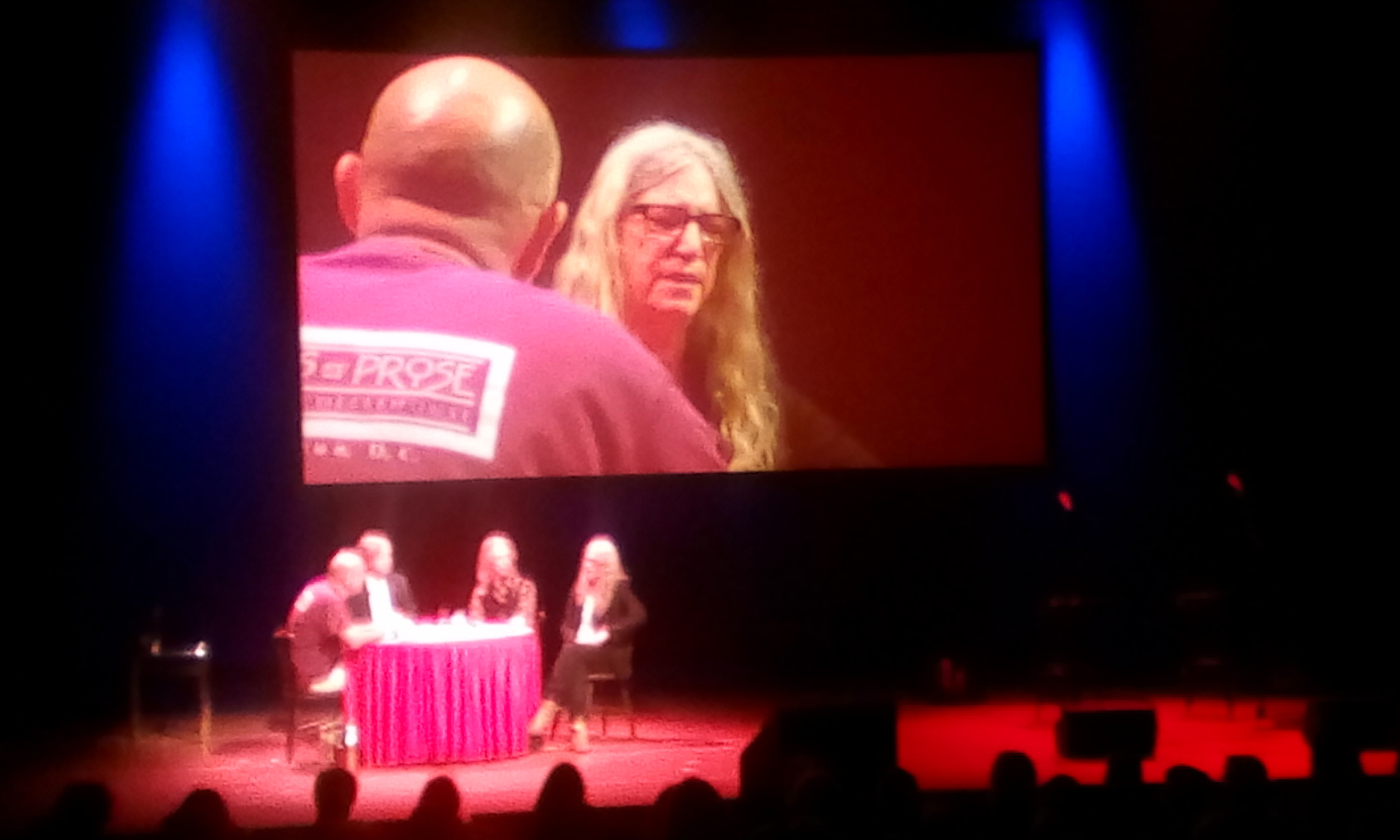
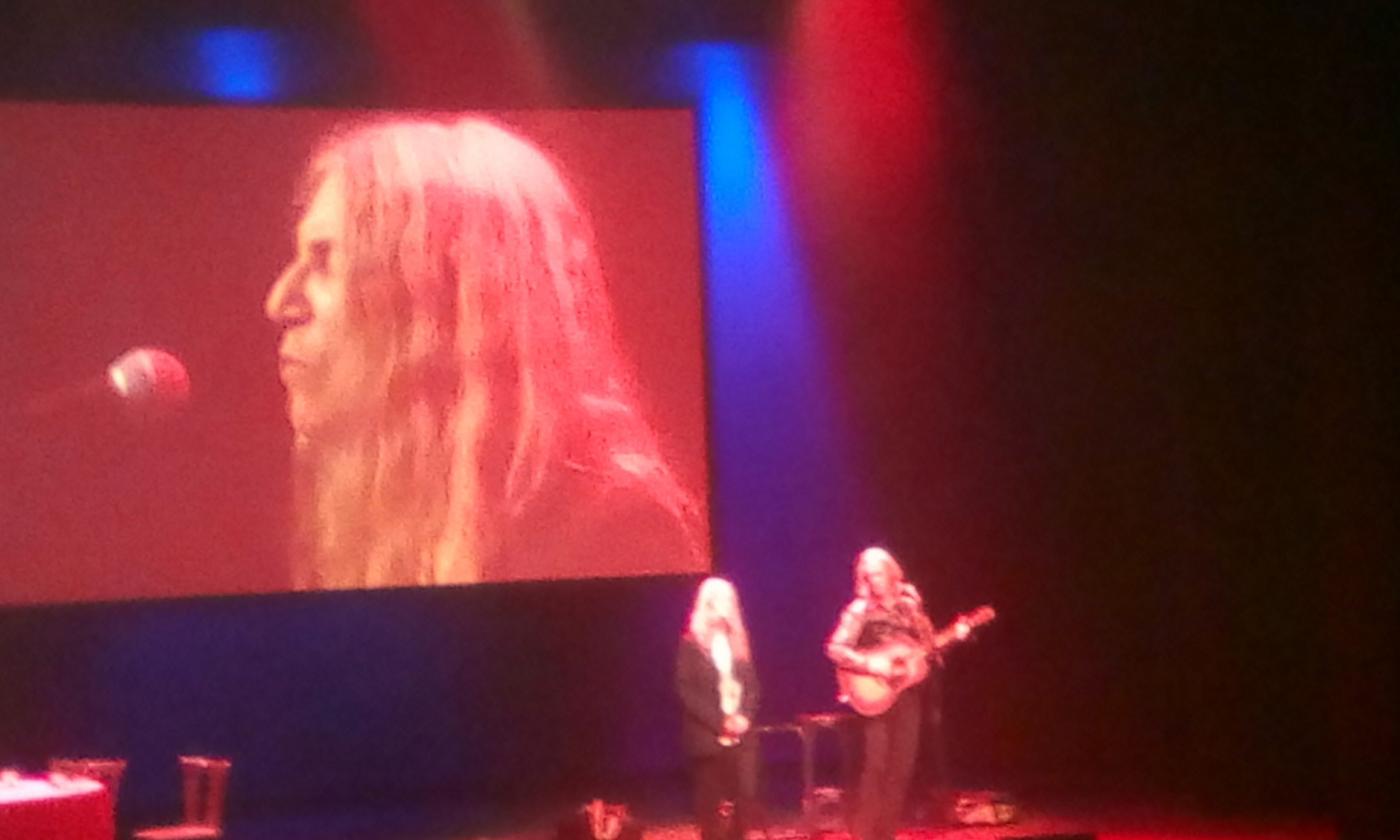
Singer and writer Patti Smith, her guitarist and rock-and-roll-historian Lenny Kaye, and Dylan-biographer Sean Wilentz – whose father ran the 8th Street Bookshop where Allen Ginsberg’s Beat Generation gathered – lived through and helped shape this remarkable period. Through images and music, they showed the audience during a symposium, organized by the NEXUS Institute, what counterculture was and what it can mean for us today: An Education in Counterculture.
Patti Smith is a singer and poet. As the ‘Godmother of Punk’, she protested against social conventions, mindless factory labour and the commercialised world with her powerful and controversial music. She grew up with the music of Bob Dylan, lived together with photographer Robert Mapplethorpe and became a familiar face in the turbulent art scene of New York City. In 1974 Smith started performing with guitarist Lenny Kaye, forming the core of The Patti Smith Group. Her debut album Horses (1975) is considered to be one of the most influential albums in the history of rock music. With Bruce Springsteen she wrote Because the Night, her biggest hit. In addition to many albums, Smith also published poetry and books, including Just Kids (2010), her award-winning autobiography on life in New York in the seventies and her relation with Mapplethorpe. People have the power, is probably one of the most famous and powerful protest songs of all time. it could easily adapt to any cause and eventually inspires optimism in those who sing the song, clearly stating that we have the individual power to realize our dreams of a better society by standing together. “We had both protested the Vietnam War when we were young. We had been part of the ’60s, where our cultural voice was really strong, and we were trying to write a song that would reintroduce that kind of energy. It’s sad for me but quite beautiful. It was really Fred’s song — even though I wrote the words, he wrote the music; the concept was his, and he wanted it to be a song that people sang all over the world to inspire them for different causes. And he didn’t live to see that happen, but I have. I’ve seen people. I’ve walked in marches all over the world where people spontaneously started singing it, you know, whether it’s been in Paris or with the Palestinians or, you know, in Spain or New York City, Washington D.C. — and it’s so moving for me to see his dream realized.” Patti recalled the moment Fred burst into their kitchen with the idea for this song: “It was around 1986. I was in the kitchen. My late husband was writing music, and he was a great songwriter, Fred “Sonic” Smith, and we were writing some songs together. And I was peeling potatoes, and I remember I was in a bad mood because I had, you know, I was making dinner and washing the clothes and peeling potatoes. And in the middle of it, Fred came in and said, ‘Tricia, people have the power, write it.’ And I was standing there with a potato peeler thinking I’d like to have the power to make him peel these potatoes, that’s what I’d like… but I kept him.” “So for the next few nights, I really contemplated — because Fred was very political, and we talked about it, what we wanted to do with this line, which was Fred’s. And what we wanted to do was remind the listener of their individual power but also of the collective power of the people, how we can do anything. That’s why at the end it goes, ‘I believe everything we dream can come to pass, through our union we can turn the world around, we can turn the earth’s revolution.’ We wrote it consciously together to inspire people, to inspire people to come together.” Basically, it is an anthem for dreamers and to love. Even if this is not the highest point reached by Patti Smith’s music, the musical composition is simple, repetitive but truly effective and powerful. It has been covered by artists such as Bruce Springsteen (her writing partner in 1978’s “Because The Night”) and U2. Recently, in December 2015, to close their show at Accorhotels Arena, U2 invited The Eagles of Death Metal to sing this song, for their first public live performance after the slaughter which occurred during their show at the Bataclan in Paris on November 13, 2015. |
